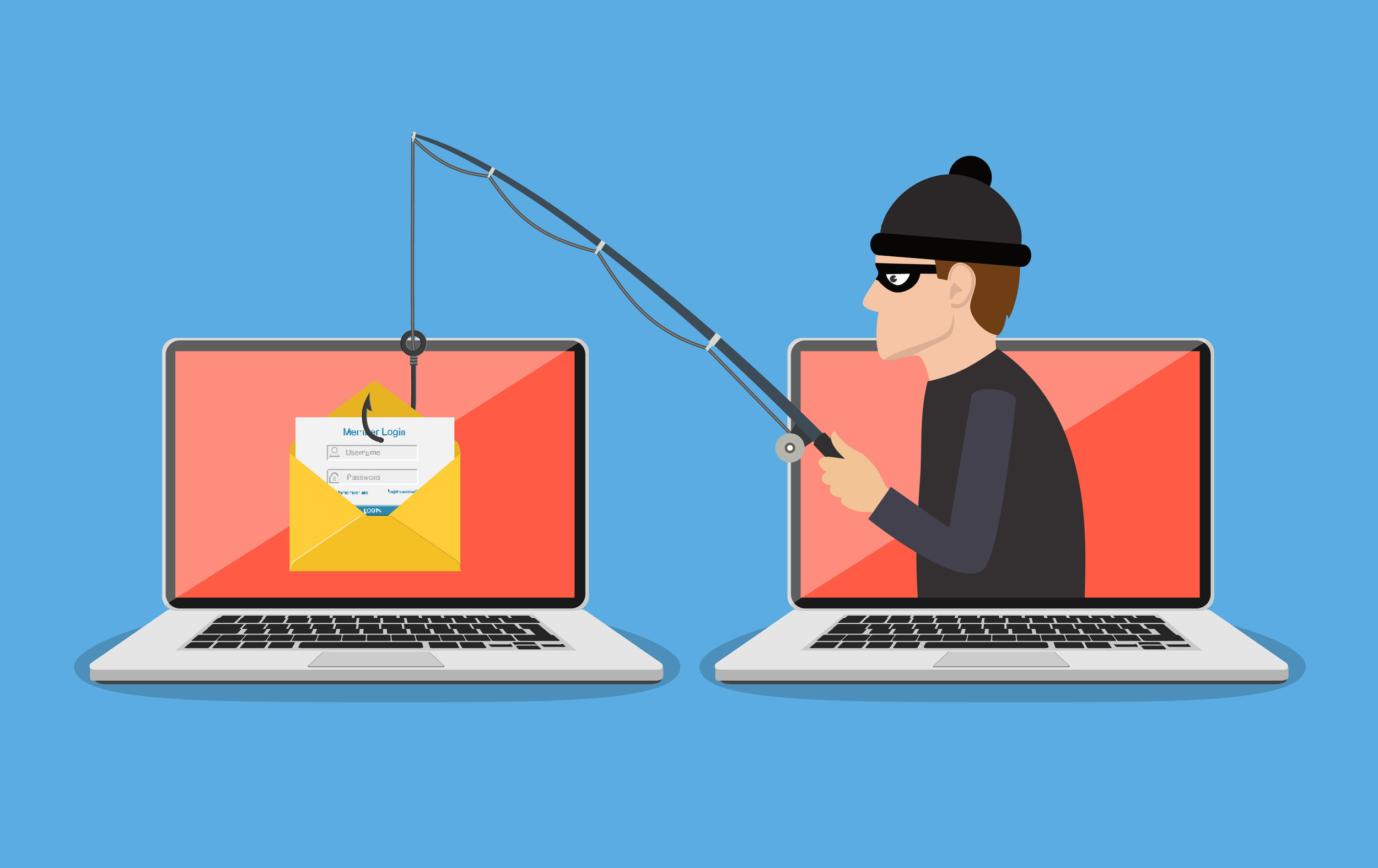By Isabelle Flener
iflener@lc.edu
The practice of phishing is trending in the email world, but the term does not refer to a fun activity at the lake. This phishing goes after students and others for sensitive information in order to commit a crime.
“Phishing emails are a scam intended to steal credentials and information, with the end result to steal money from the victim or company of the scam,” said Ron Wall, Director of Campus Technology at Lewis and Clark Community College (L&C).
Wall has some tips to help students and others know which emails are phishing attempts.
“If it sounds too good to be true, it is,” he said. Because a large sum of emails are phishing emails, he said students should “Be skeptical of every email asking for information, asking or offering money, offering jobs, asking for verification or stating you have a computer infection. Most of the time those are phishing emails.”
It is always better to be safe than sorry, he said.
Some other phishing emails can consist of asking the reader to open an attachment or click on a link. Misspelling of words can also be a big red flag, along with wording that implies the urgency of an account closure.
Students should never share phone numbers, addresses or personal information with strangers, Wall said.
But, how many students even know about phishing emails?
“Most of my fellow classmates, including myself, weren’t aware that email phishing is a thing or about how to protect ourselves from it,” said Izzy Montano, an L&C student.“ More students need to be educated because students are more prone to opening or answering scam emails.”
So, how can students prevent themselves from falling for misleading scams?
“The best thing to do is to educate others to recognize them, but it can be tough,” Wall said. He advises students to be cautious of every email, and delete any suspicious phishing attempts.
“If students have suspicion they’ve been sent a scam email, they can contact Lewis and Clark’s IT Department or the Help Desk,” Wall said.“ Both can assist with verifying if the email is subject to phishing.”
Help Desk is Lewis and Clark’s technical support service. Students, staff and faculty can contact the Help Desk at (618) 468-HELP or helpdesk@lc.edu.
Click here to view a photo example of email phishing.




